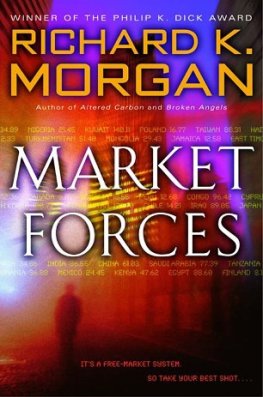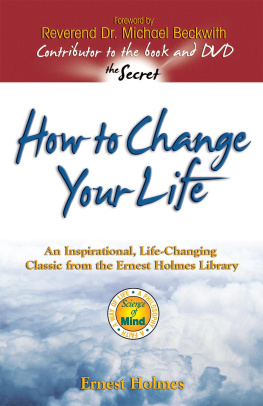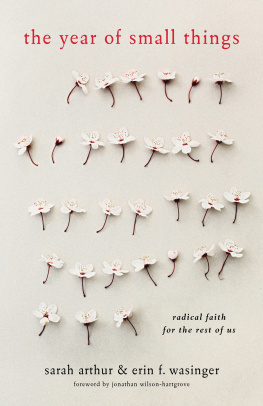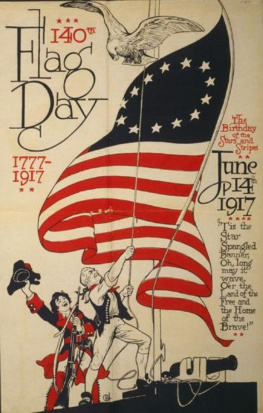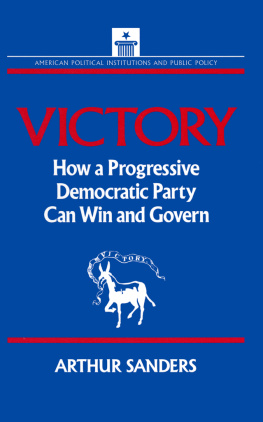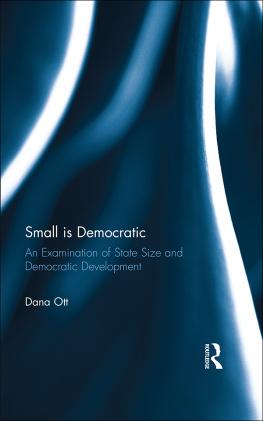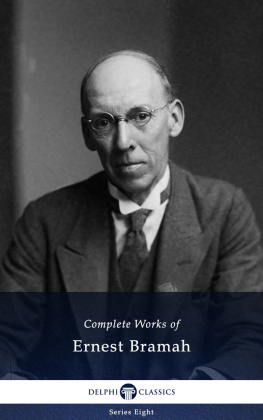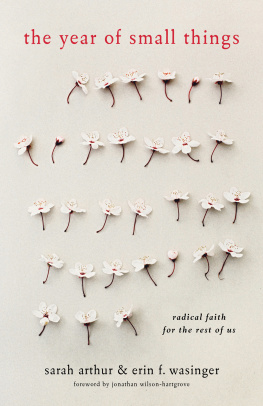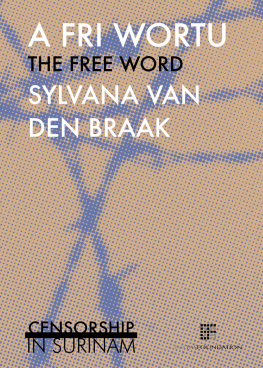Originally published in 1942 by Harper & Brothers Publishers
Published in 2013 by Transaction Publishers
Published 2017 by Routledge
2 Park Square, Milton Park, Abingdon, Oxon OX14 4RN
711 Third Avenue, New York, NY 10017, USA
Routledge is an imprint of the Taylor & Francis Group, an informa business
Copyright 1942 by Arthur E. Morgan.
Foreword copyright 1984 by Community Service, Inc.
All rights reserved. No part of this book may be reprinted or reproduced or utilised in any form or by any electronic, mechanical, or other means, now known or hereafter invented, including photocopying and recording, or in any information storage or retrieval system, without permission in writing from the publishers.
Notice:
Product or corporate names may be trademarks or registered trademarks, and are used only for identification and explanation without intent to infringe.
Library of Congress Catalog Number: 2011035573
Library of Congress Cataloging-in-Publication Data
Morgan, Arthur E. (Arthur Ernest), 18781975.
The small community: foundation of democratic life / Arthur E.
Morgan; with a foreword by Baker Brownell and a foreword by Donald
Szantho Harrington.
p. cm.
Originally published: New York: Harper & Brothers Publishers,
c1942.
ISBN 978-1-4128-4746-9
1. Community life. 2. Villages. 3. Sociology, Rural. I. Brownell,
Baker, 18871965. II. Title.
HT431.M6 2012
307.762-dc23
2011035573
ISBN: 9781315134932 (ebk)
Publishers Note
The publisher has gone to great lengths to ensure the quality of this book but points out that some imperfections from the original may be apparent.
Arthur E. Morgan was one of the truly great men of our age. He had the ability to distinguish what was really important from what seemed important to most of the world. He had a knack for going directly to the heart of any matter which concerned him, and there was no area of human knowledge or skill that did not concern him. In dealing with problems of engineering or human engineering, he went below the symptoms to the causes, and, from their careful analysis, onto imaginative and holistic solutions. He was not interested in shortcuts or quick fixes which would bring about the appearance of solutions, but in the fundamental changes involving individual human growth which would guarantee lasting individual and social progress.
Out of a lifetime of experience and reflection over many affairs, great and small, he came to the conclusion that the crucial element in the building of a better society is the improvement of the quality of individual character. His philosophy was honed out of such far-flung pioneering ventures as the rebuilding of Antioch College in Yellow Springs, Ohio, with its innovative work-study program and concept of a well-rounded education for each student, to his many extensive flood control assignments and his becoming the first Chairman and Chief Administrative Officer of the Tennessee Valley Authority. The TVA construction camps on his big engineering jobs were in most cases set up as model communities. These attractedand helda quality of work force that greatly enhanced the efficiency of the projects, though that was not his chief motive.
As a member of the Indian Commission on Higher Education he was directly responsible for the creation of Indias system of rural universities, designed to enhance the viability and quality of life in Indias 500,000 villages. He was also an advisor to governments in Africa, Asia, Europe and America and had a hand in bringing about the League of Nations after World War I.
Writing to his editor forty years ago, he said:
Various persons have wondered why, after years of association with extensive affairs, I should come to center my attention on those seemingly insignificant elements of our society, the small villages and other primary groups. This centering of attention has not been capricious or accidental, but is a normal and essential conclusion of a long process of inquiry.
From the time I was a high school student I was impressed with the slow and halting course of human progress, and constantly asked myself, What are the controls of human character and personality? What are the keys to the direction of those influences which would lead to the fulfillment of the possibilities of human life? No matter what I did, that question remained near the forefront of my mind, and so my varied experiences became data to be used in trying to answer that question.
In a little gem of a book written in the 1930s, The Long Road, he had likened the building of a good society to the building of longer and longer suspension bridges. There comes a point in the lengthening of a span, he wrote, when no amount of increasing resources and no improvement of design can make up for poor or uneven quality of material, for the weight gathers faster than the holding power, and beyond that point the bridge will fall. Today we have in America a wealthy society, capable of supporting a much higher standard of life for all. We have in our democratic institutions a reasonably good design. The missing element is a general improvement of the quality of the material, of the human character of the people who make up the society. The long way round of building human character, he wrote, will prove to be the short way home to a better social order.
And how are we to build better human character? Where is it that character is formed? He found the answer to these questions in the primary human groups, the family and the small community. To build a better society, therefore, one needs to find ways to strengthen precisely these areas in which our society has largely failed. Our small communities have been permitted to become run down and impoverished while society concentrates upon huge, impersonal cities where family life is difficult to sustain and increasingly large numbers of our most gifted people find it impossible to raise families. Thus, Morgan concluded, if we want to have a better society with more rounded and competent human beings, we must concentrate on preserving and perfecting the small community.
This concern is what led to his writing The Small Community: Foundation of Democratic Life What It Is and How to Achieve It just forty years ago. Much has changed since this book was written. The references and statistics reflect a world less self-conscious, even less in need of Morgans message than it is today. The problems and the solutions remain, however, as critical and as valid as they were in 1942.
The book is a classic in its field and is distinctive in that it combines a discussion of the significance of the small community with social theory guidelines for specific activities. It looks at the small community as neither a panacea nor an isolated phenomenon but as an integral part of the larger human society. Morgan discusses the significance of the small community, how communities can be organized, the development of economic enterprise, cooperative expression and community services, the recreation and development of a sense of ethics and morality, and finally concludes with observations concerning the importance of maintaining freedom within the community and motivating in young people a desire for community pioneering.



